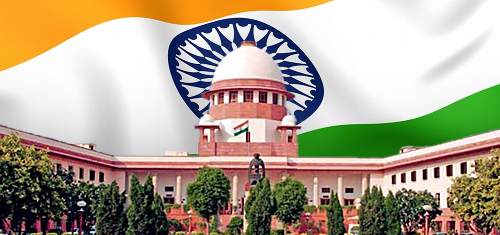 India’s Supreme Court has upheld the rights of individual states to prohibit online lotteries based in other states from serving their residents.
India’s Supreme Court has upheld the rights of individual states to prohibit online lotteries based in other states from serving their residents.
On Thursday, the Court sided with the southwestern state of Kerala, which banned all lotteries in January 2005. In April of that same year, the state government amended its ban to permit state-run paper lottery sales, while preserving the ban on online lotteries.
The All Kerala Online Lottery Dealers Association and the states of Sikkim, Meghalaya and Nagaland challenged the Kerala government’s online ban. The Sikkim government, which has a far more tolerant view of gambling than most Indian states, had argued that online play by Kerala residents was a major source of its lottery revenue.
Tough titty, said the Court, ruling that the Kerala ban was in the public interest and the appellants had failed to demonstrate any “compelling grounds” for overturning lower court decisions.
The Court noted that tickets generated from online lottery terminals in Kerala didn’t bear the imprint of the Kerala government. The Court said the state of Sikkim “does not have any control” over its lottery terminals located outside its borders and thus customers have no assurance that the ticket they purchased is legitimate.
The Court went on to note that Kerala’s Lotteries Act 1998 called for lottery drawings to be held once a week, whereas the online lotteries offered “several draws within minutes.” The Court believed the once-weekly limit was meant to impose “a week’s cooling time” on any “fortune seeker,” who otherwise would “stay glued” and keep buying tickets “till all his savings are exhausted.”
The Court struck a stridently negative tone towards gambling in general, saying it was “considered as a pernicious vice by all civilized societies from time immemorial.” However, the Court focused the majority of its rage on “evil” lotteries, declaring that most forms of gambling were “comparatively innocuous” compared to the “widespread pestilence” that lotteries could bring.
The Court expanded on this view, saying most forms of gambling are “confined to a few persons and places” whereas a lottery “infests the whole community; it enters every dwelling; it reaches every class; it preys upon the hard earnings of the poor; it plunders the ignorant and the simple.” It’s also freakishly boring, but we guess that went without saying.






